Members directory
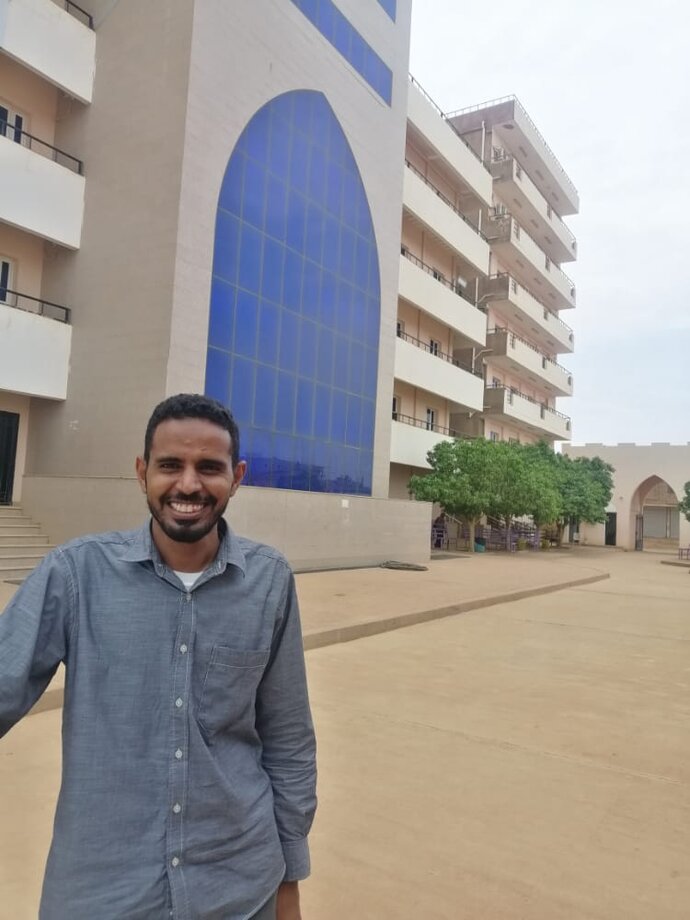
Dr
Mohamed
A. M. Salih
I am broadly interested in applied research related to clinical chemistry mainly metabolic disorders. My research interests include neglected diseases, particulary visceral leishmaniasis and its sandfly vector.

Dr
Josefina
Abedin
Vector born disease
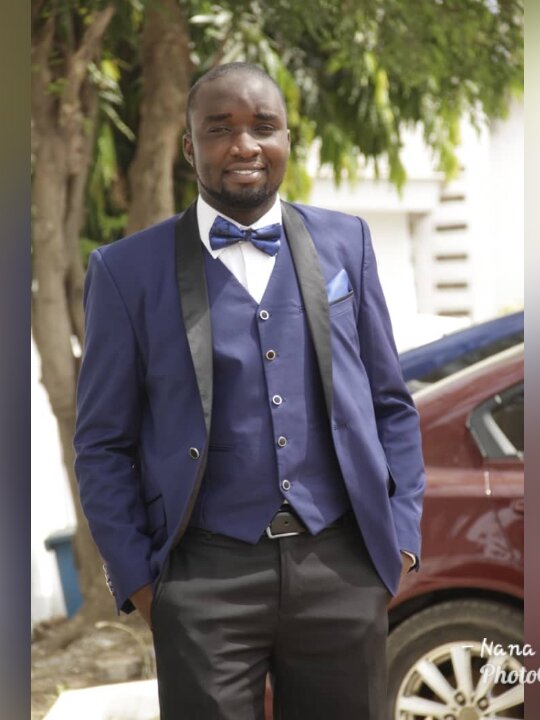
Mr
Seth
Addo
Vectors
Vector-borne diseases
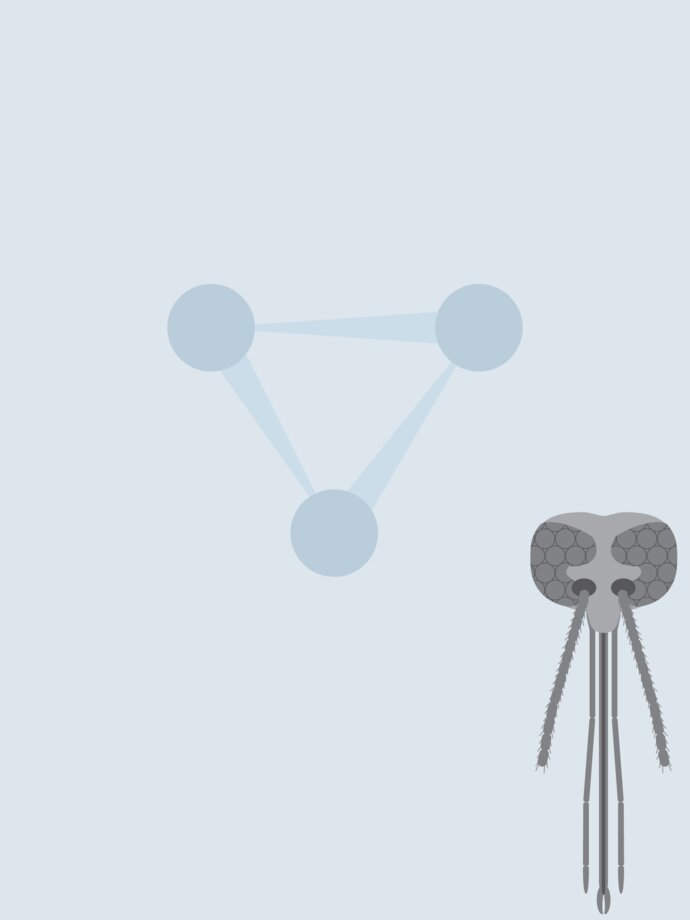
Dr
Olawale
Adeyinka
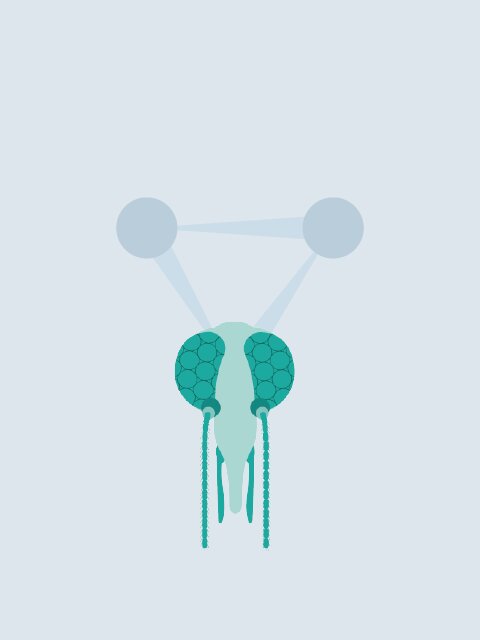
Dr
Rafaella
Albuquerque e Silva
Sandfly control and entomological surveillance.
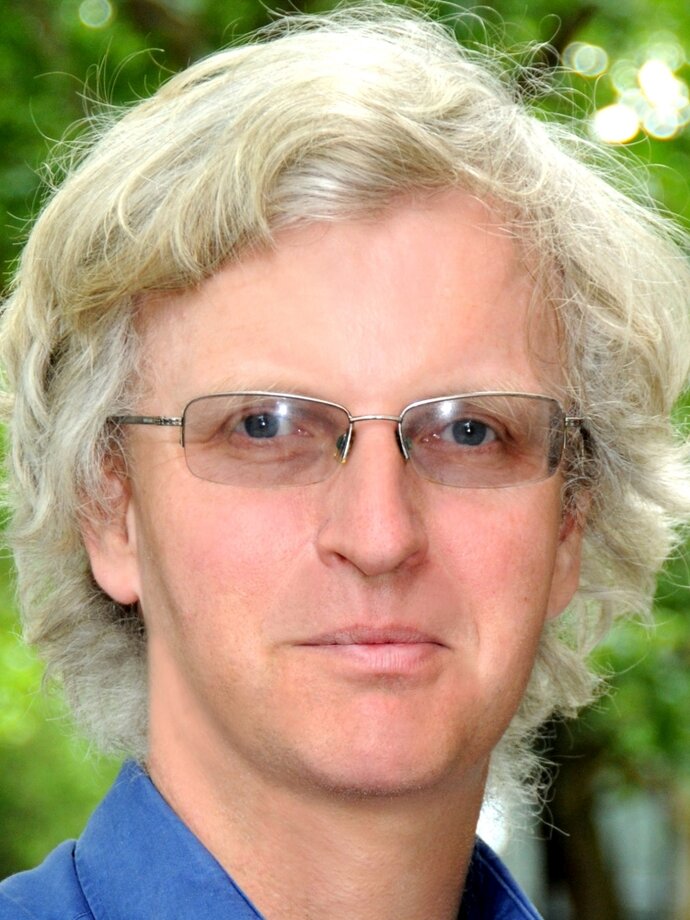
Professor
Neal
Alexander
I am based in Cali, Colombia, and employed part time by CIDEIM and part time by LSHTM. I work largely on dengue, leishmaniasis, lymphatic filariasis and other parasitic and vector-borne diseases.
I previously worked at the Papua New Guinea Institute of Medical Research, and the Ahmadu Bello University in Kaduna, Nigeria (seconded from the Institute of Ophthalmology, London).
In 1998 I completed a PhD supervised by Bryan Grenfell in the Department of Zoology, University of Cambridge entitled 'Heterogeneity and the Epidemiology of Lymphatic Filariasis'. I also have a BA in Mathematics and a Diploma in Mathematical Statistics from the same university.

Dr
ashwaq
alnazawi
Insecticide resistance

Professor
Bülent
Alten
Sand flies, mosquitoes, population genetic, population ecology, geometric morphometrics, parasite and virus detection, vector control

Miss
Khaoula
Amamri
Phlebotomine sandflies vector born of leishmania

Dr
Aruna
Ambagala
Vector-Borne Viral diseases

Miss
Amanda
Andrade do Rosário
Tenho interesse em trabalhos com flebotomíneos transmissores de leishmaniose visceral no Brasil, taxonomia, fisiologia e ecologia destes vetores, bem como da aplicação da biologia molecular na resolução de problemas taxonômicos e como possibilidade de controle biológico.

Professor
Anisuzzaman
Anisuzzaman
Epidemiology, Biology, Vector Potential

Dr
Simon
Anthony
Zoonotic and emerging infectious diseases; viral discovery; viral ecology; host-pathogen interactions

Miss
Hanan
AQEELAH
Interested with vector Borne Disease mainly (Mosquitoes,Sand fly) and their interaction with diseases, Molecular biology and Bioinformatic.
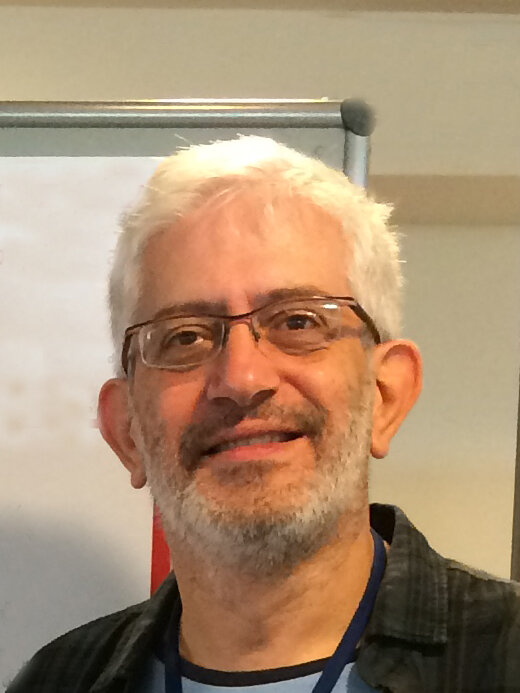
Dr
Carles
Aranda
Distribution and vectors

Dr
Samuel
Armoo
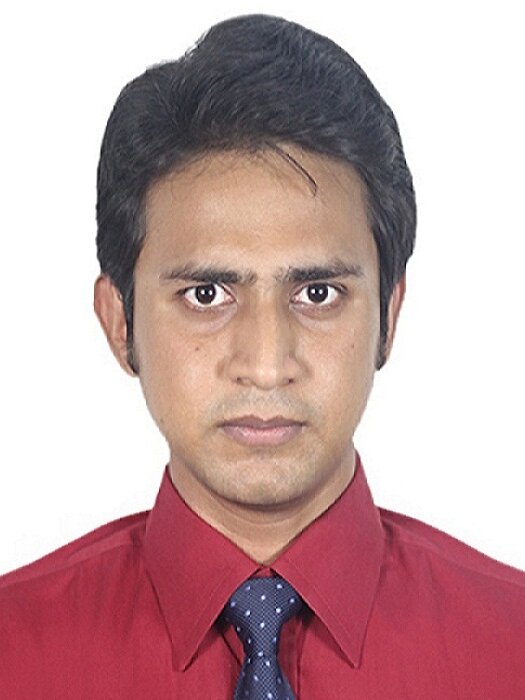
Mr
-
Asaduzzaman
- Infectious Diseases
- Medical Entomology
- Vector-borne Diseases
- Biological Control of Insect Pest

Dr
Sessinou Benoît
Assogba
Medical Entomology and Parasitology of Tropical Diseases;
- Development of new vector control tools
- Insecticide resistance mechanism and vector control management;
- Molecular Biology and Biomarker development;
- Adaptation and evolution of insect genomes;
- Research and teaching

Dr
Barry
Atkinson

Mr
Franklin
Ayisi
*Biology, ecology, molecular studies, and control of Blackflies and mosquitoes.
-Developing molecular markers for species identification of members of Simulium damnosum s.l.
-Identification of members of the S. damnosum complex using Cytotaxonomy
-Blackflies population studies using molecular (genetic) and cytogenetic (cytotaxonomy) approaches.
-Control of blackflies, vectors of onchocerciasis, through larviciding and other non-chemical methods like 'slash and clear'.
-Control of disease vectors using emerging genetic biocontrol technologies like gene drives.
-Transmission assessment of filariasis transmission (onchocerciasis and lymphatic filariasis) by xenomintoring.
-Insecticide susceptibility studies in mosquitoes and blackflies.

Dr
Mame Thierno
Bakhoum
My current and long-term research interests involve genomics and ecology of Culicoides in order to better understand the epidemiology of Culicoides-borne diseases in order to implement effective and sustainable vector control methods.
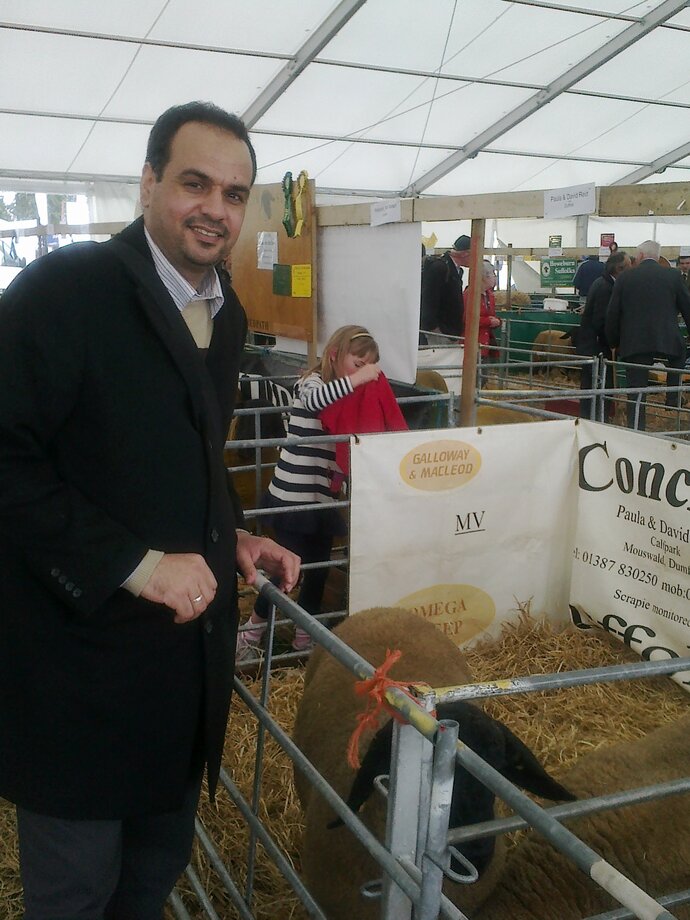
Mr
Faraj
Bakkar
I am interested in research in the field of the vector borne zoonotic disease, especially Rift Valley Fever and blue tongue disease, in addition to other research interests.
Briefly I am interested in;
Infection and global health
One health (infectious diseases)
Socio-economic impacts of diseases
Veterinary epidemiology
Zoonoses and animal health surveillance

Dr
Francesco
Baldini
Biting midges and black flies, specifically the ecological drivers of their avian malaria transmission ability and interactions with endosymbionts

Miss
Paramita
Banerjee
Biology of Culicoides
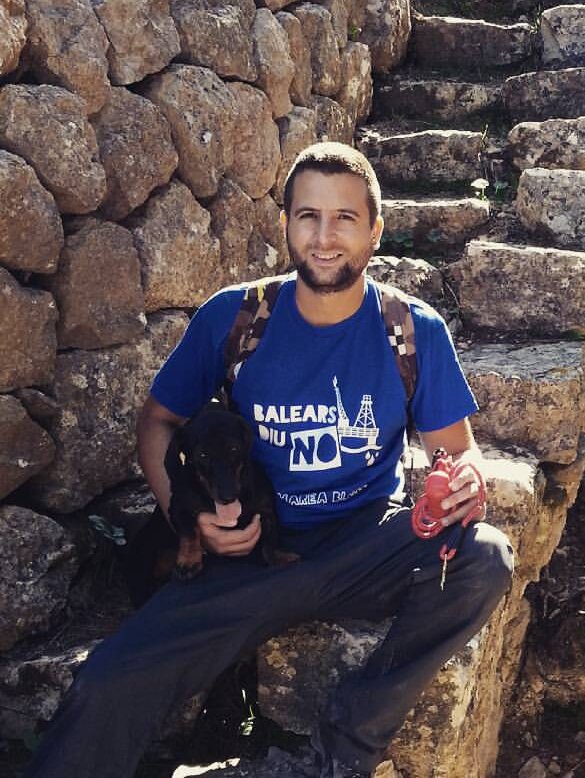
Dr
Carlos
Barceló
Entomology and Vector ecology

Dr
antoine
barreaux
My research focuses on the ecology and evolution of host parasites interactions, vector biology and life history theory. One of my main interest is in carry over effects, namely the evolutionary consequences of early life environment and maternal investments.
I joined a BBSRC project where my focus is on evolutionary modeling of maternal investments in tsetse flies and how that may impact vector competence and the epidemiology of the African Animal Trypanosomiasis. In this project my approach is theoretical and it is in collaboration with colleagues in charge of field work in Zimbabwe and lab studies in Liverpool (LSTM).
I have worked previously on the malaria system, from ecology & evolution of mosquito immunity (PhD), to combining evolutionary & applied ecology to improve malaria control (postdoc) in the Eave tubes project with field work in West Africa, funded by the Bill and Melinda Gates Foundation.

Professor
Maria-Gloria
Basanez
The epidemiology, control, transmission dynamics, and mathematical modelling of neglected tropical diseases (NTDs) in general and filarial infections in particular. Currently focusing on refining transmission models of onchocerciasis control and elimination under the umbrella of the NTD Modelling Consortium. Parameterising models with field-derived data, including vector bionomics, vector-parasite-host interactions, parasitological and entomological data, and statistical analyses of datasets. Interest in blackfies and their transmission dynamics to better understand the impact of control interventions, including antivectorial and antiparasitic measures.

Dr
Kabirul
Bashar
Ecology, Taxonomy and Management of Medical Important Pests
I am a medical Entomologist and Professor of the Department of Zoology of a public university, Jahangirnagar University. I am working on medical important pest in Bangladesh. I am interested to do work on sand fly vector(s).

Sanjay
Basu
Genetics and molecular biology of mosquitoes

Dr
Adi
Behar
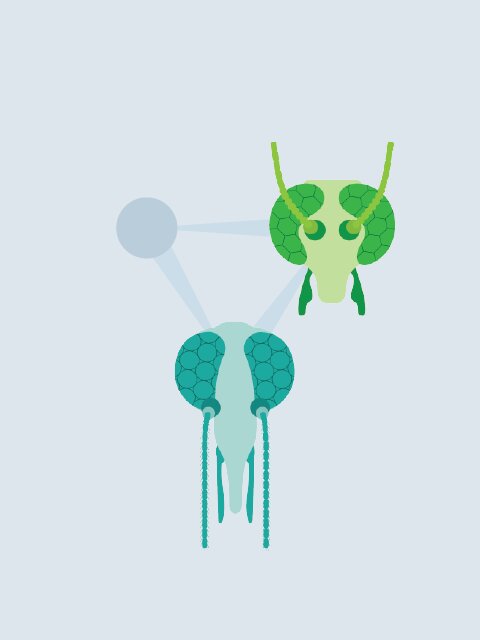
Dr
Lesley
Bell-Sakyi
I generate, maintain and exploit cell lines from ticks and other arthropods. I manage the Tick Cell Biobank https://www.liverpool.ac.uk/infection-and-global-health/research/tick-cell-biobank/ , the world's only dedicated culture collection for cell lines derived from ticks and other arthropods of medical, veterinary and agricultural importance. I have recently generated two cell lines from the sand fly Lutzomyia longipalpis and am working on additional sand fly and biting midge cell lines. I am interested in accessing starting material for any arthropod cell lines, and collaborative research utilising existing and novel cell lines.
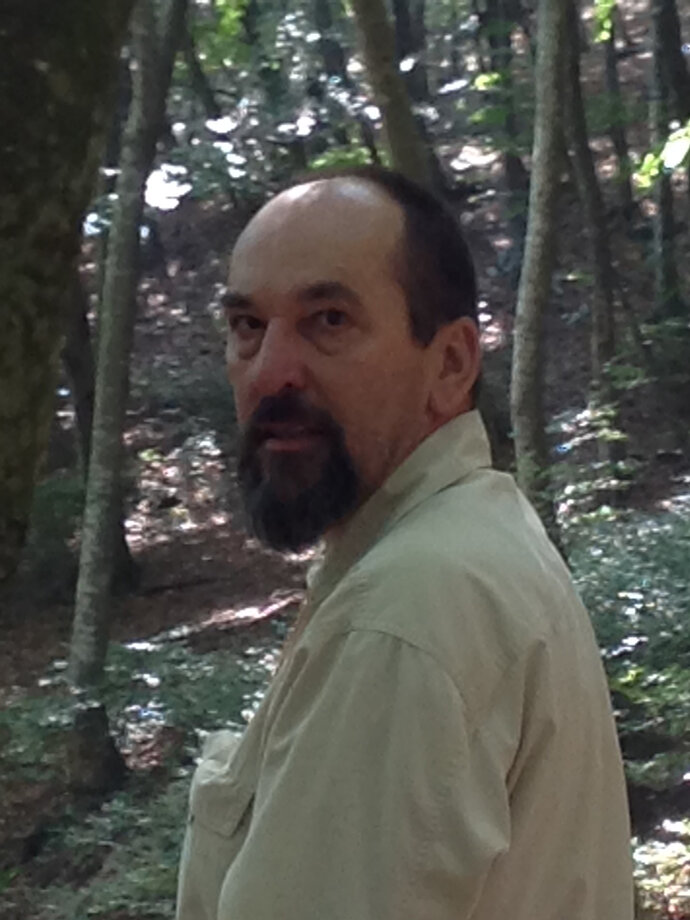
Dr
ROMEO
BELLINI
Romeo Bellini (Ph.D. in Entomology at the University of Bologna) is currently covering the position of Director of the Medical & Veterinary Entomology Dept. at the Centro Agricoltura Ambiente “G.Nicoli” (http://www.caa.it). He is the scientific responsible for the IAEA Collaborating Centre established in the 2012 at the CAA. He recently (2014) obtained the Italian national qualification of full Professor in Plant Pathology & Entomology. He has 30 years of experience in mosquito ecology studies and management of mosquito control programs in Italy. He has been coordinator of the EU-LIFE program 1994-’96 "Environmental friendly management of tourist areas on the Emilia-Romagna Riviera” and WP 10 leader in the FP7 Infrastructure project “Research capacity for the implementation of genetic control of mosquitoes-INFRAVEC”. Currently he is in charge of supervising and coordinating laboratory and field activities of a team of 7 full-time and 5 part-time technicians. He is author of 98 referred scientific publications and 69 other publications; 62 oral and 64 poster presentations in international scientific meetings. He is serving as a peer reviewer for Acta Tropica, Bulletin of Entomological Research, Journal of Medical Entomology, Journal of Vector Ecology, Journal of American Mosquito Control Association, Bulletin of Insectology, Medical and Veterinary Entomology, Journal of Applied Ecology, Parasites & Vectors, PLoS Neglected Tropical Disease, Pathogens and Global Health, Vector-Borne and Zoonotic Diseases. He served as a European Director of the Society for Vector Ecology (1998-’99) and the Italian Director of the European Mosquito Control Association (2003-’05). He is member of the most important scientific societies in the field of medical entomology such as AMCA, ESA, SOIPA, SOVE. His scientific interests have been focused on the developing of mosquito and other vectors surveillance and monitoring methods, followed by the implementation of control strategies at low environmental impact and with no sanitary risks. He has been very active in the implementation of biological mosquito control in Italy using Bacillus thuringiensis israelensis formulations and fishes (Gambusia holbrooki, Aphanius fasciatus); in the standardization of reliable mosquito monitoring methods; in testing new products and tools for mosquito control. Following the introduction of Aedes albopictus in Italy (1990) he has been involved in studying the ecology of the species in the new habitats and developing specific control measures including source reduction, larval control, community participation. In the year 2000 he started investigating the application of the Sterile Insect Technique (SIT) against Ae. albopictus. Recently he is also interested in the surveillance and risk assessment of emerging vector borne diseases in Europe. He is providing expertise consultations to international bodies such as World Health Organization (WHO) Europe, European Centre for Diseases Prevention and Control (ECDC), European Food Safety Agency (EFSA), International Atomic Energy Agency (IAEA).
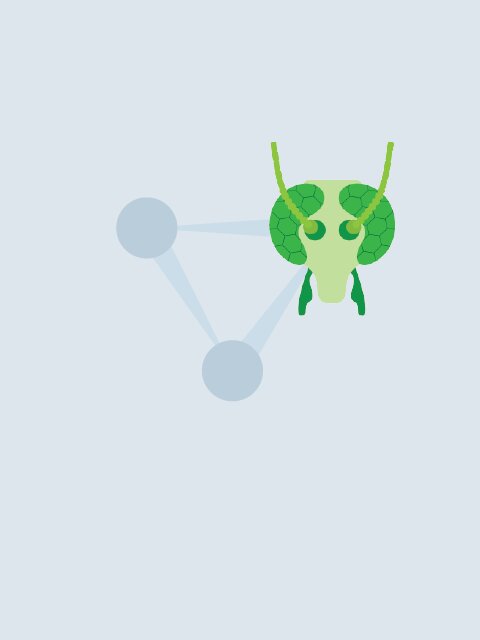
Dr
Glenn
Bellis
taxonomy of Culicoides
DNA barcoding
vector competence
vector biology
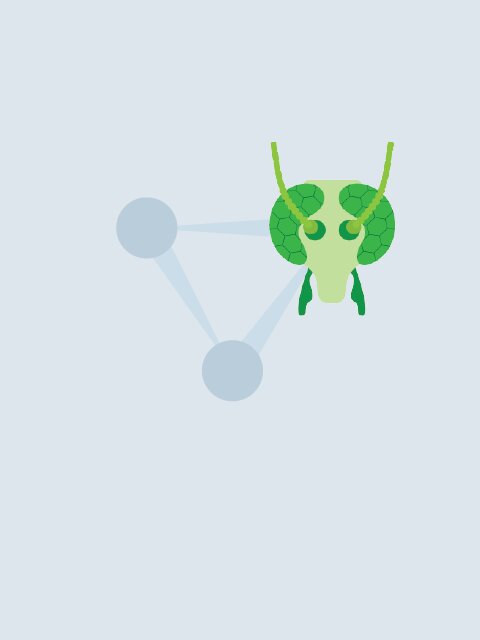
Dr
Roman
Biek
Infectious disease ecology and evolution; epidemiology, molecular ecology, vector biology
Working on bluetongue and Lyme disease among other (mostly non-vector-borne diseases)
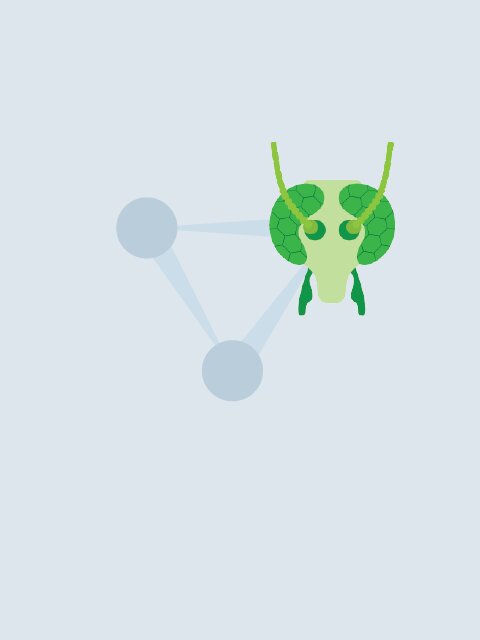
Dr
Alison
Blackwell
Culicoides ecology, biology and contrrol.

Dr
Marcus
Blagrove
My current research interests lie in investigating vector competence for arboviruses. I am particularly interested in the effect of temperature on virus transmission, including the minimum environmental temperature required for transmission, to identify regions at risk from invasive or endemic viruses. I am also interested in the potential for viruses to adapt to different conditions, and consequently, the risk they may pose in the future.

Dr
DEFO TALOM
Blaise Armand

Dr
Aneliya
Bobeva
I am fascinated by the biology and ecology of the vectors - their diversity and capacity to transmit varios vector-born disease. My research is mainly focused on faunistic diversity of Culicoides biting midges and their role in the vector-parasite and vector-host interactions in the parasite-vector-host system of biting midges, avian haemosporidians and birds.

Dr
Art
Borkent
Systematics, ecology, behaviour, vectors, morphology, fossil record (everything to do with Ceratopogonidae); systematics of other families of Culicomorpha.
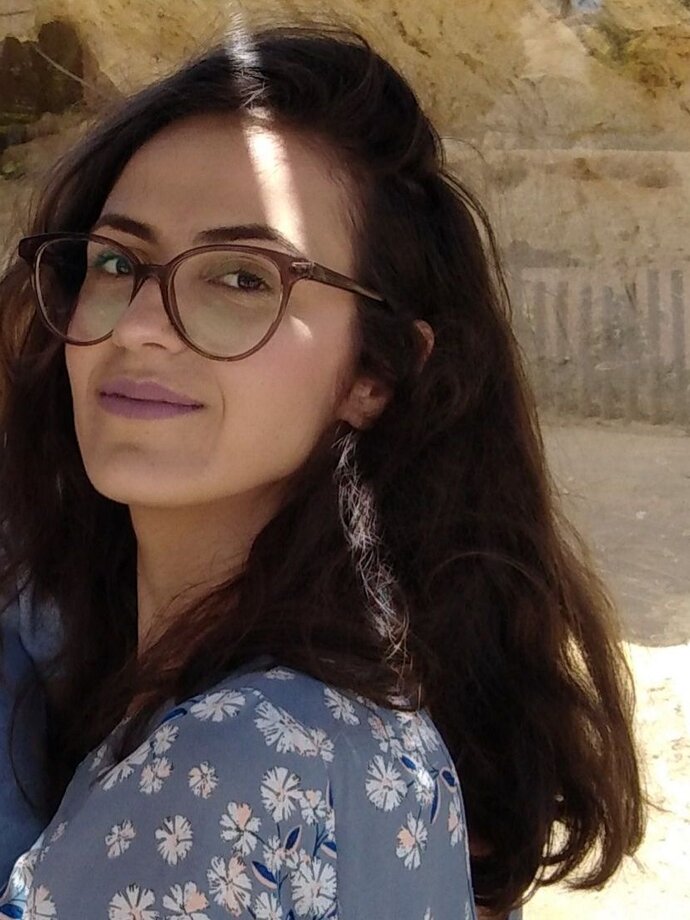
Dr
Maria
Bourquia

Dr
Shubhranil
Brahma
Systematics, ecology and biology of biting midges.

Dr
Corey
Brelsfoard
My long term and current research interests are focused on examining the utility of insect microbes and endosymbionts for disease and vector control. Much of the current work in my lab is centered around Culicoides and Aedes mosquito systems.

Dr
Charles
Brockhouse
Simulium genomes
sex determination
silk genes and proteins
gene regulation
population structure
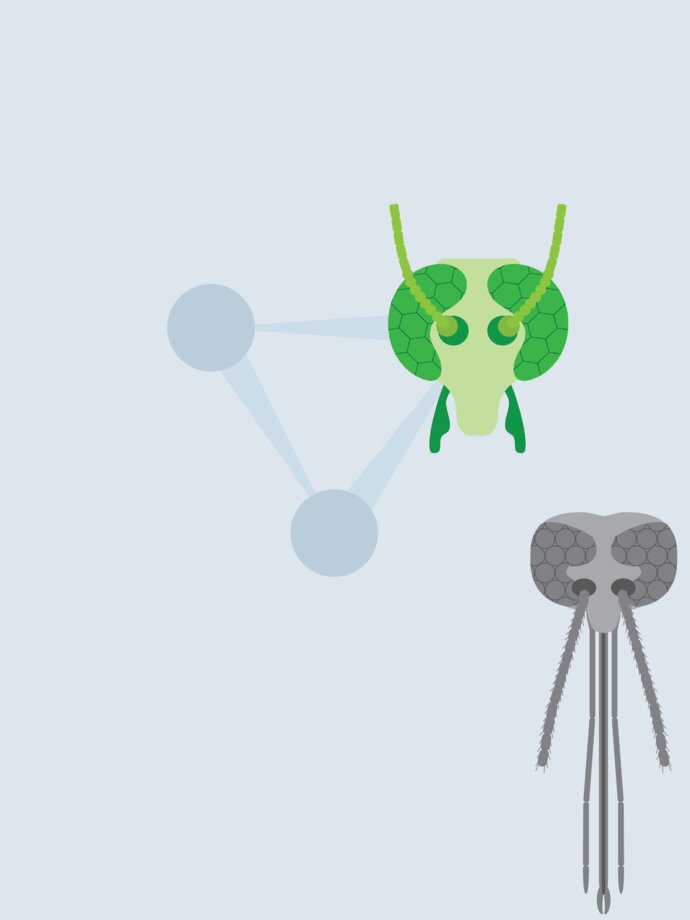
Miss
Faye
Brown

Mrs
Tamiko
Brown-Joseph
My PhD research involves the identification of Culiocides biting midge species currently found in Trinidad using ecozonation; as well as the determination of which serotypes of Culicoides-vectored Bluetongue (BTV) and Epizootic Haemorrhagic Disease (EHDV) viruses are circulating in Trinidad using a naïve cohort of cattle. Additional research involved the comparison of the different types of traps (incandescent light, UV light, semio-chemical baited and sweep-nets) with respect to Culicoides specimen and species yield and their crepuscular activity.

Dr
Victor
Brugman
I am Honorary Assistant Professor at London School of Hygiene and Tropical Medicine and Head of Development & Partnerships at the university's first biotech spin-out Vecotech Ltd. I lead research developing novel attractant and repellent products for pest arthropods. My research interests lie with increasing the understanding the behavioural biology of pest arthropods and in developing novel surveillance and control tools targeting them.

Dr
Núria
Busquets

René
Bødker
Surveillance, modelling and prediction of risk and intensity of vector borne disease transmission in time and space

Professor
Guy
Caljon
Natural parasite transmission models (Leishmania- sand flies; African trypanosomes - tsetse flies), Parasitology, Drug discovery, Innate immunity, Vector biology.
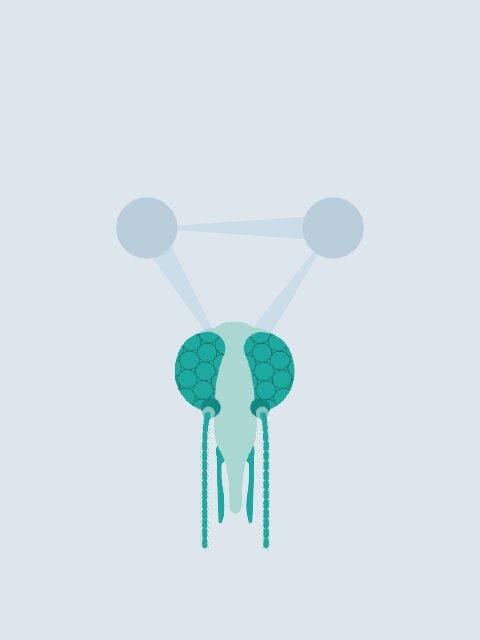
Dr
Mattia
Calzolari
Sand fly species identification
Leishmania
Phlebovirus

Professor
Mary
Cameron
Sampling, surveillance, and chemical ecology of vectors, particularly sandflies, for improving control and understanding the transmission of vector-borne diseases.
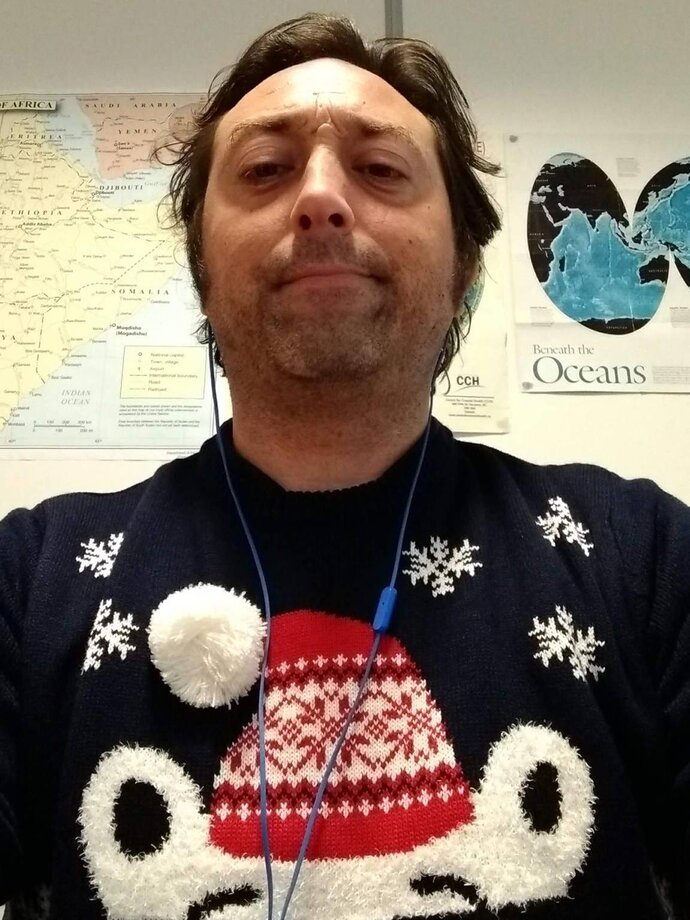
Dr
Cyril
Caminade
Climate change and vector-borne diseases
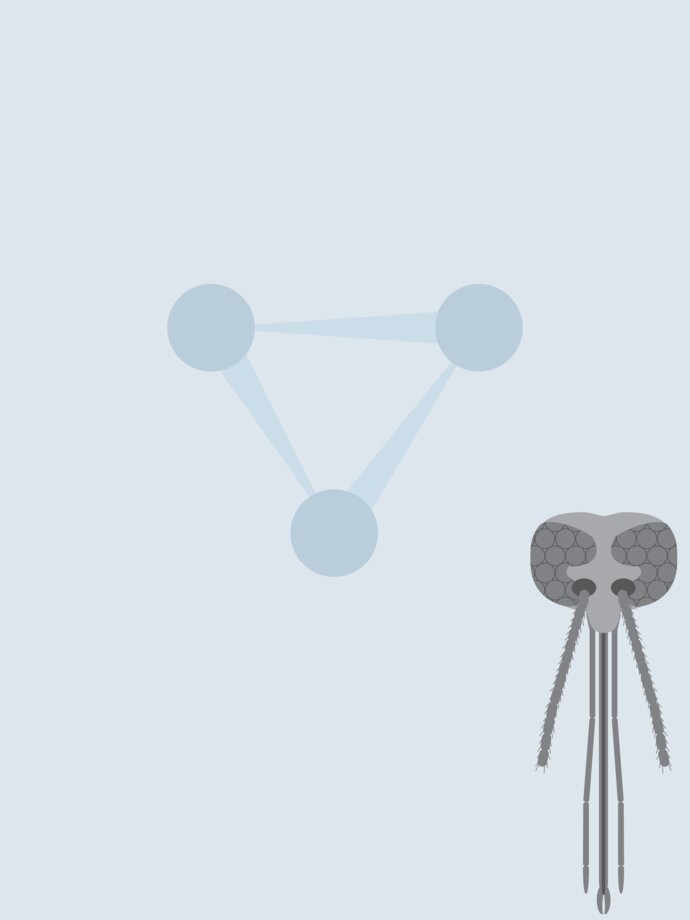
Miss
María Eugenia
Cano
Patrones de distribución de culícidos implicados en la transmisión selvática del virus de Fiebre Amarilla en Argentina

Miss
Débora
Capucci
In my master degree I´m working with the ecology and epidemiology of sand flies at the County of Pains in Minas Gerais/Brazil, analyzing the fauna of phlebotomineas in seven diferents enviroments (cave, eucalyptus plantation, urban area, rural area, pasture, Native forest, and lime mining), after I´ll make molecular identification of leishmania and geoprocessing analysis with the data
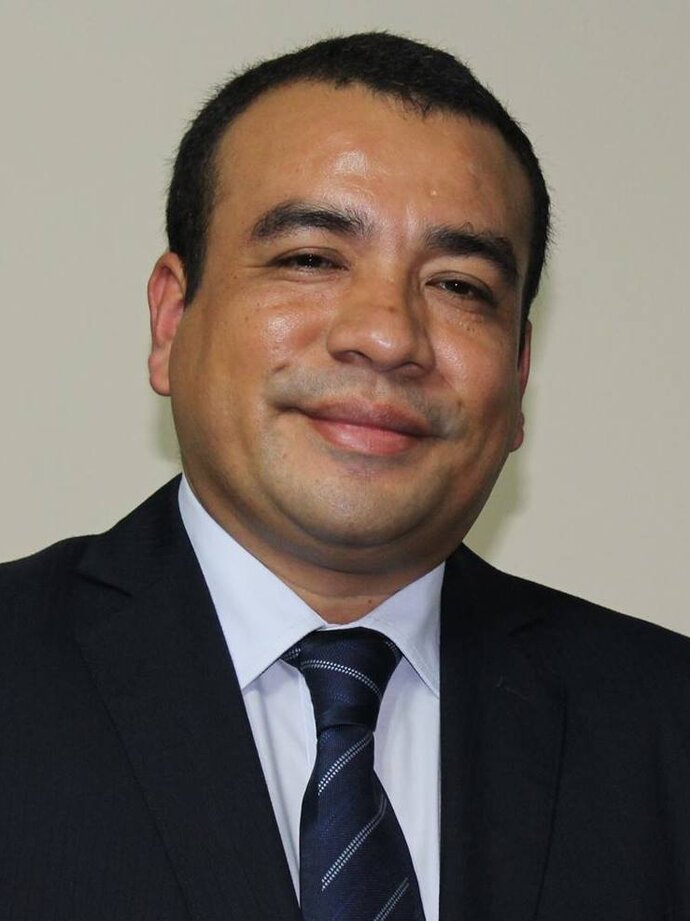
Professor
Jorge Manuel
Cárdenas Callirgos
Vector Ecology - Vector Biogeographic Distribution - Health Promotion and Vector Borne Disease Prevention Programs
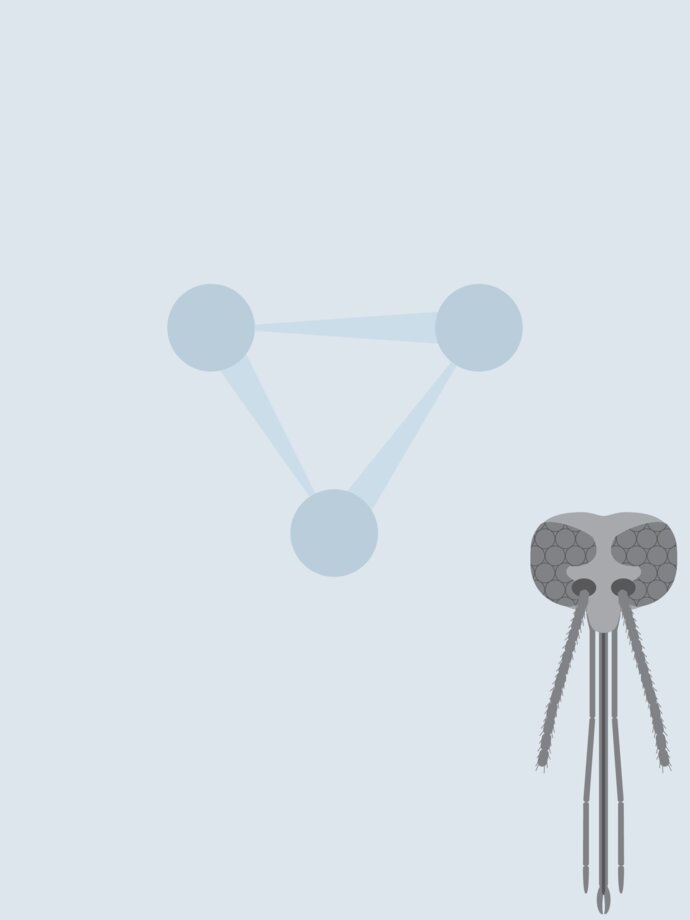
Miss
Manuela
Carnaghi

Dr
Simon
Carpenter

Mr
Luis Paulo Costa
Carvalho
Biting Midges
Culicoides paraensis
Culicoides insingnis
Oropouche Virus
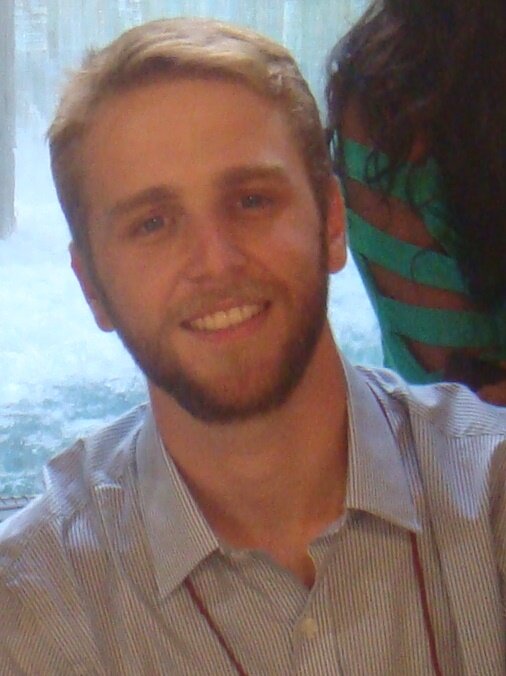
Dr
Bruno
Carvalho
My research focuses on understanding the relationship between species distributions and the environment, with particular interests in vector-borne disease systems and climate change. Main topics include ecology of sand flies and leishmaniasis transmission.
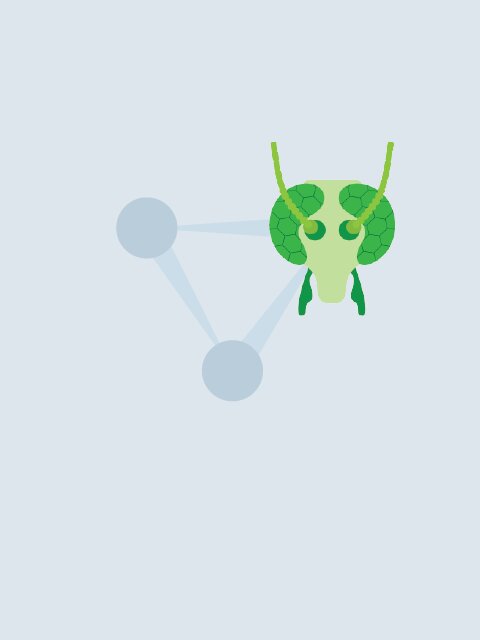
Dr
Carla
Cazorla
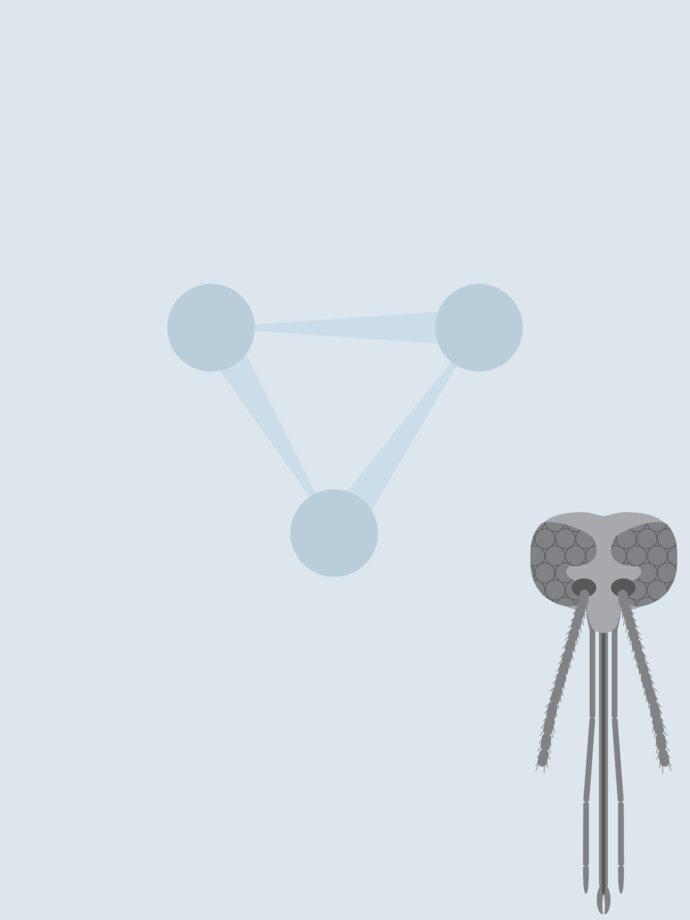
Mr
Mauricio
Cedeño
My interest is the diseases transmitted by biological vectors, Culicoides spp, epidemiology. And biological vectors as biotechnological solutions.

Dr
Sondipon
Chakraborty
Ecology of Sand fly population
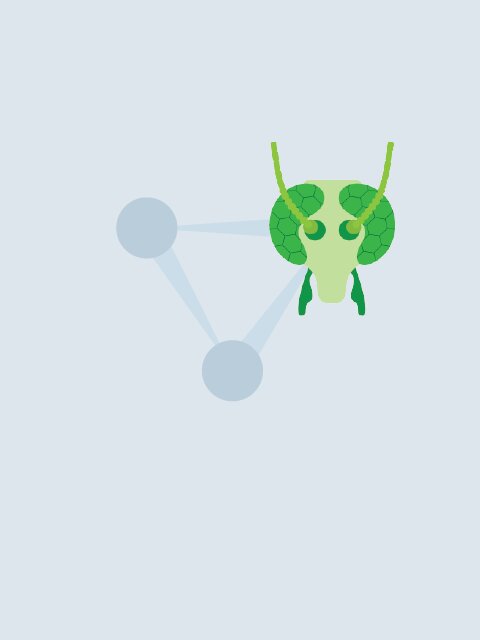
Dr
Mudassar
Chanda
Morphological and molecular taxonomy of Culicoides
Host preference studies
Detection of Bluetongue and related viruses in Midges
culicoides species diversity in wild life
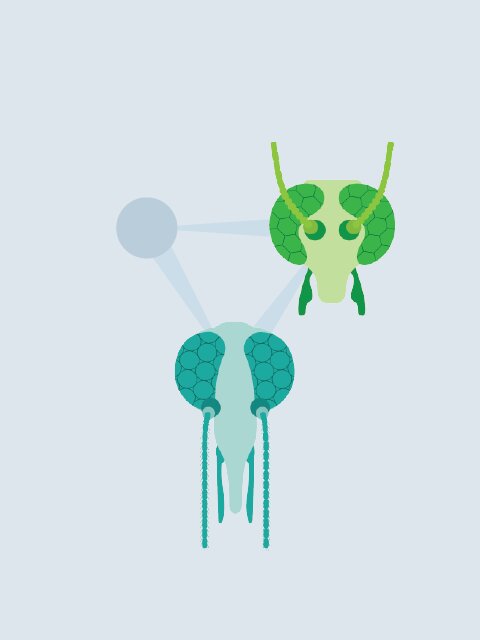
Dr
Alexandra
Chaskopoulou
Epidemiology of vector borne diseases, Ecology of arthropod vectors, integrated vector management
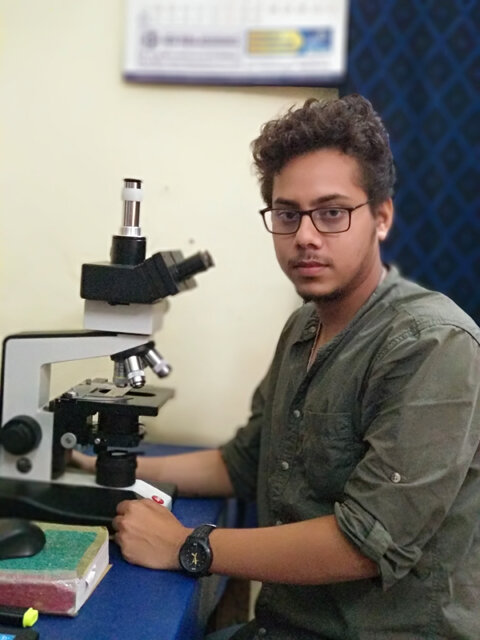
Mr
Somnath
Chatterjee
Taxonomy and biology of Culicoides.
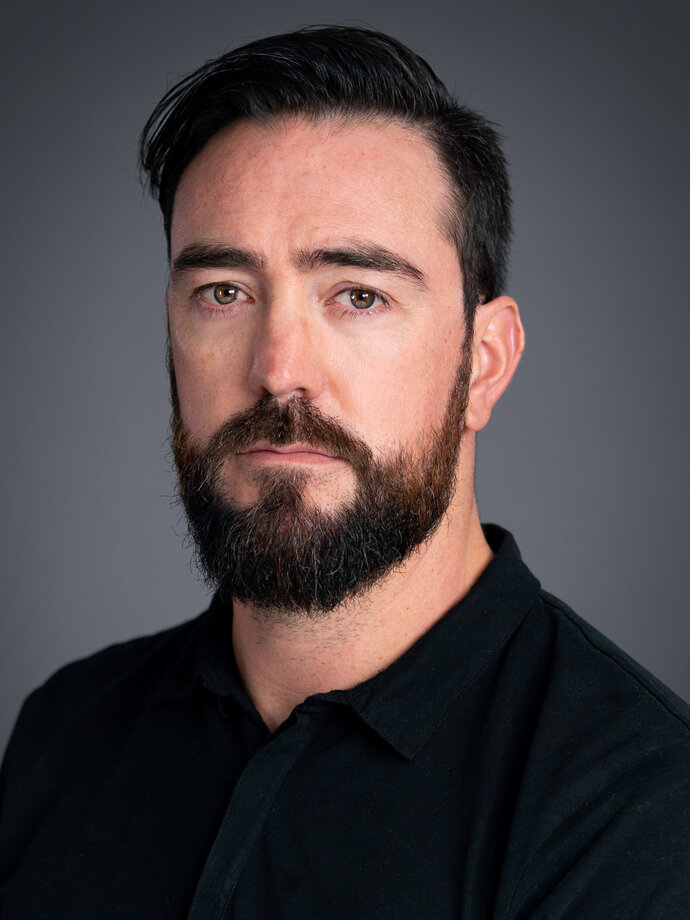
Dr
Jaime
Chaves
Disease ecology
Avian pathogens

Professor
Robert
Cheke
Biology and control of blackflies

Dr
Mouna
Cherairia
Blackflies systematics, identification, ecology, epidemiology.
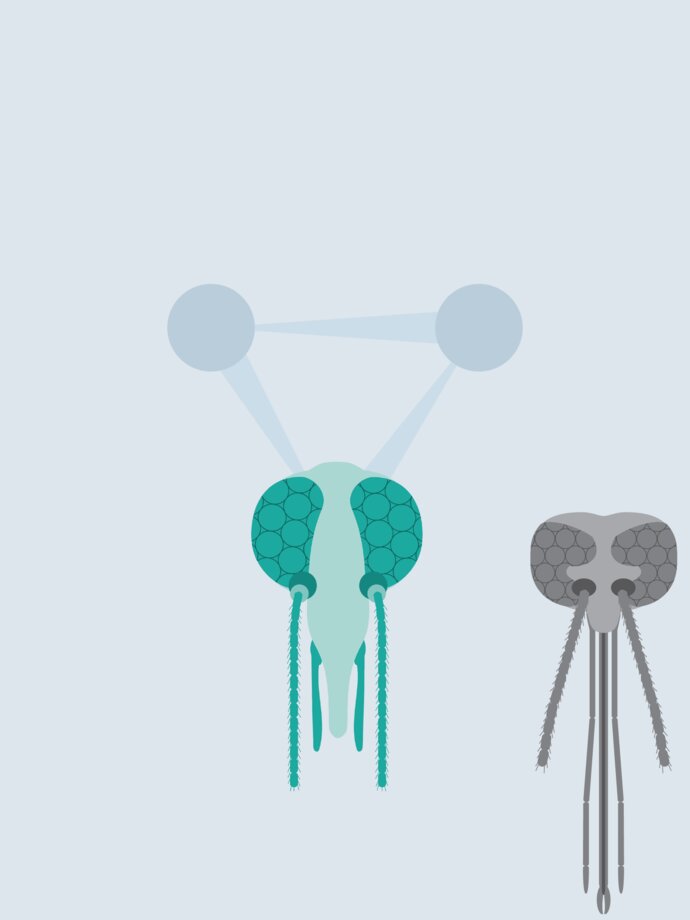
Mr
Rajib
Chowdhury
Control/eliminate neglected tropical diseases, i.e. visceral leishmaniasis, dengue, chikungunya, etc. by knowing their vector biology, pathogenesis, vector control and epidemiology
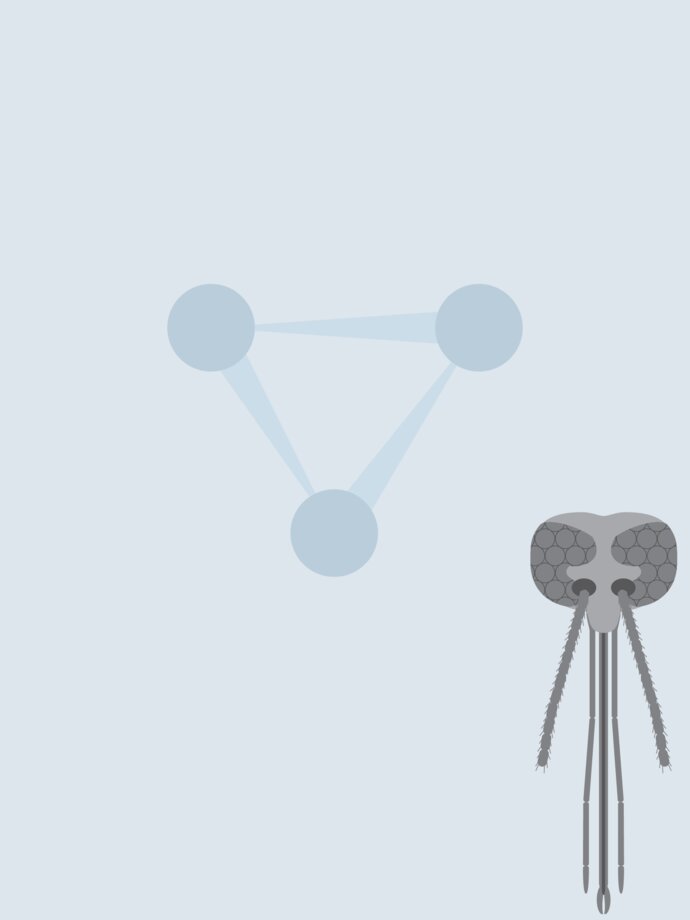
Ailen
Chuchuy
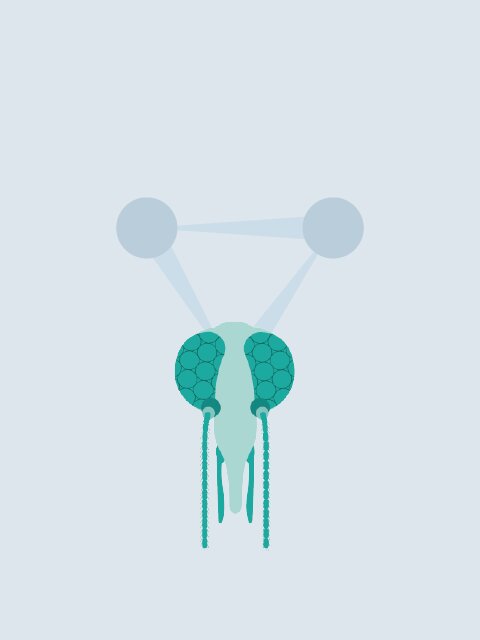
Mr
Brett
Clark

Professor
John
Colbourne
My work has had a broad impact on the establishment of new genomic model species to complement those (e.g., Saccharomyces, Drosophila, Caenorhabditis, Mus) that have transformed our understanding of the human condition by laboratory studies, yet now chosen because of a deeper understanding of their ecologies, and a greater ability to sample and study genetic variants within their natural populations. These include the waterfea Daphnia (Colbourne et al. 2011 Science 331: 555-561), the jewel wasp Nasonia (Werren et al. 2010 Science 327:343-348), the green anole lizard Anolis (Alföldi et al. 2011 Nature 477:587-591) and the brown planthopper Nilaparvata (Zhang et al. 2014 Genome Biology 15:521). Other vertebrates include the killifish Fundulus (Reid et al. 2017 Genome Biology and Evolution 9:659-676), the songbird Junco and a growing list of emerging invertebrate model species including bee, black fly, aphid, tick, mosquito (Tormey et al. 2015 BMC Genomics 16:754) and amphipod (Poynton et al. 2018 Environmental Science and Technology 52:6009-6022). This work resulted in Daphnia's designation as a biomedical model species by the US National Institutes of Health.
Studies that focused on these new model species are producing the broad range of anticipated discoveries that would be difficult to achieve otherwise; many are suggesting that variation among the co-regulated networks of genes are better predictors than gene variation of the adaptive potential of populations to survive environmental stress (Reid et al. 2016 Science 354:1305-1308), of the mechanisms that confer insecticide resistances in arthropods (Weston et al. 2013 PNAS 110:16532), of the mechanistic basis of environmentally induced phenotypic plastic traits (Shaw et al. 2014 Molecular Biology and Evolution 31:3002-3015), and the evolutionary basis of the vector biology of mosquitos (Bradshaw et al. 2017 PNAS 115:1009-1014).

Dr
Francisco
Collantes
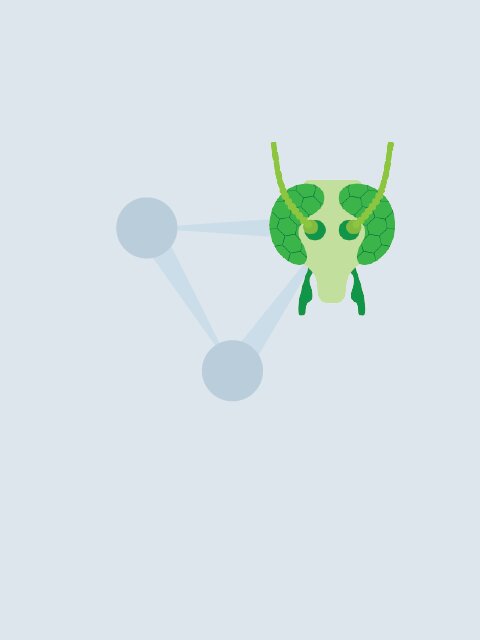
Dr
Aine
Collins
Culicoides biting midges as arbovirus vectors in domestic livestock.
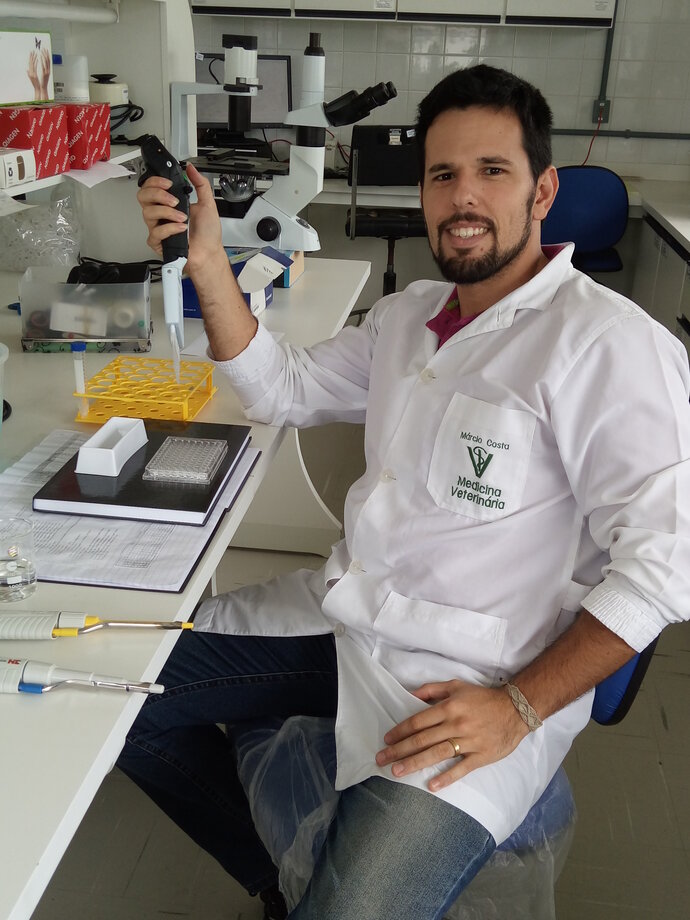
Márcio Josué
Costa Irala
Epidemiologia entomológica de zoonoses parasitárias, com ênfase em flebotomíneos vetores da leishmaniose visceral.
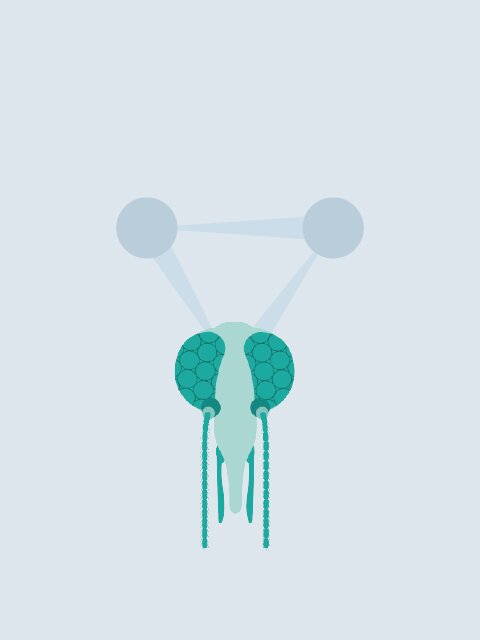
Dr
Orin
Courtenay
Vector-borne disease epidemiology
vector control
zoonoses
public health and veterinary health
intervention trials
vector and animal behavioural ecology
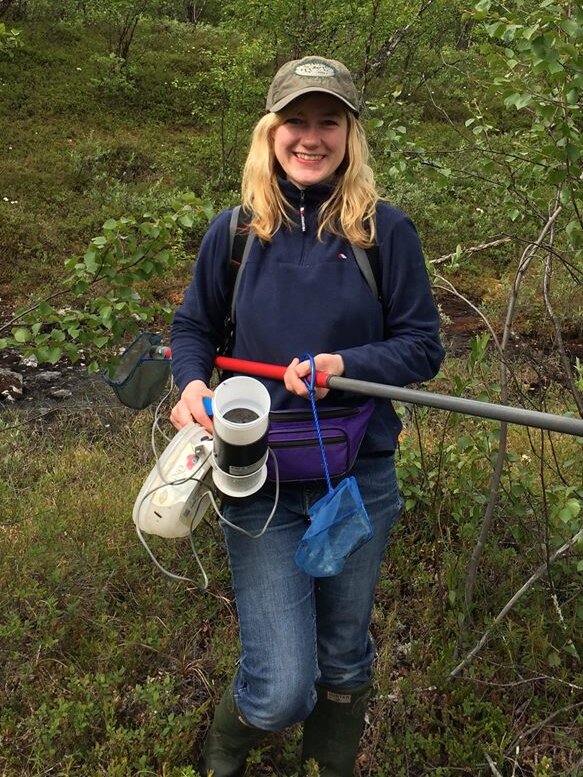
C. Lorna
Culverwell
I've been researching mosquitoes since 2010, when I started working on a phylogenetic project to establish relationships of Culex (Culex) mosquitoes (Diptera: Culicidae) at the Natural History Museum, London.
In 2013, with a growing interest in mosquitoes, I pursued a PhD at the University of Helsinki centred around Finnish mosquitoes, their distributions, genetics and viruses. In 2015, alongside my PhD, I joined a dengue project run jointly between the University of Helsinki and University of Nairobi, Kenya, where I have coordinated mosquito collections.
My main research interests are taxonomy/ systematics, morphology, genetics, virology and medical entomology.
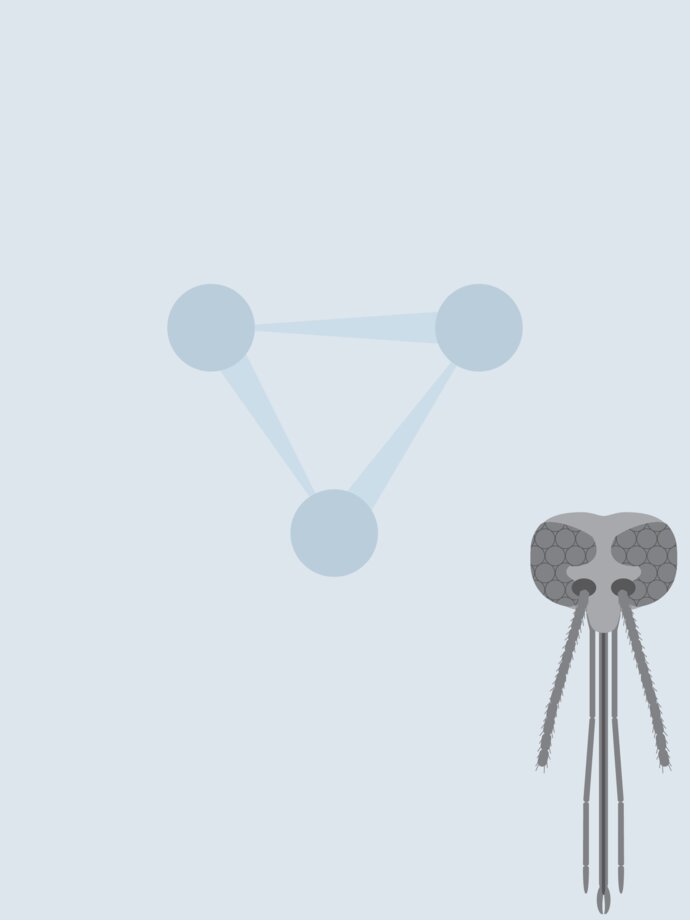
Dr
Lucas
Cunningham
My main area of interest is the application of molecular methods to field settings in order to investigate the biology of vectors.

Dr
Gregory
Curler
I am broadly interested in systematics, taxonomy and natural history of lower Diptera, with expertise in Psychodomorpha (Blephariceridae, Tanyderidae and Psychodidae).
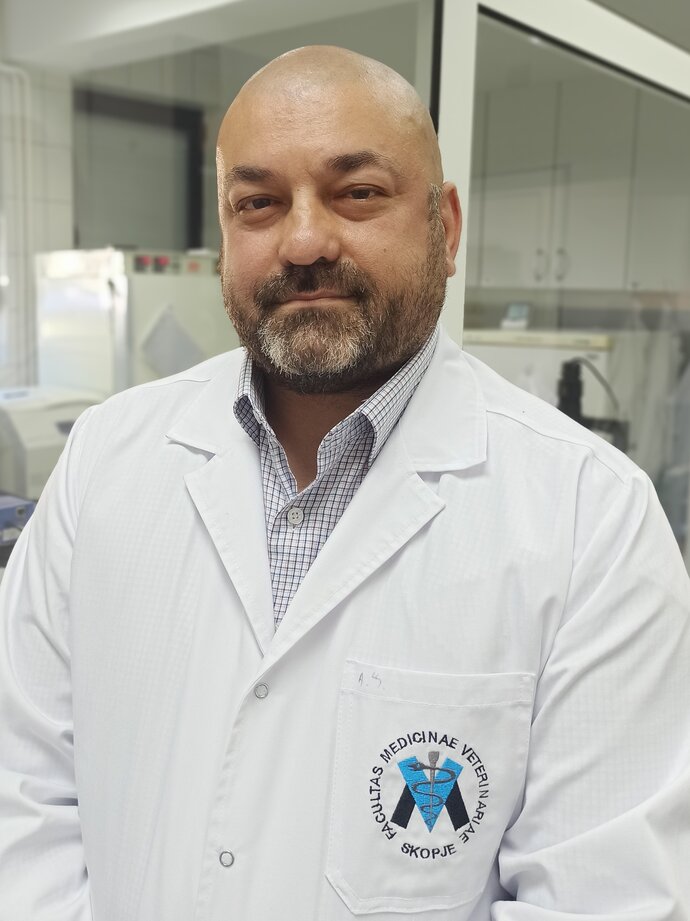
Dr
Aleksandar
Cvetkovikj

Professor
UMBERTO
D'ALESSANDRO
I am a clinical epidemiologist with specific interest in malaria.
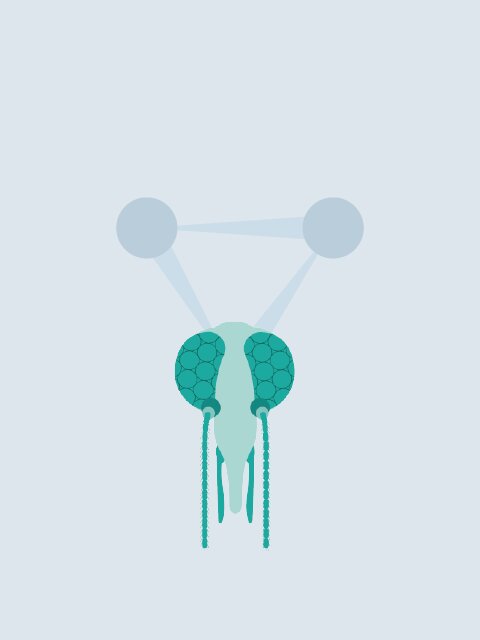
Dr
Filipe
Dantas-Torres
Sand flies and Leishmania
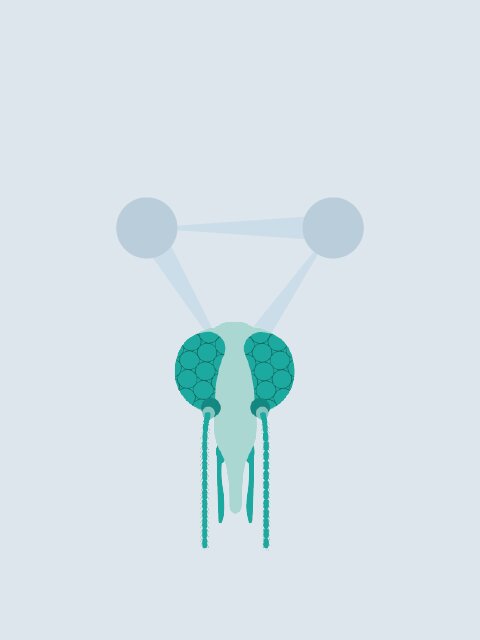
Dr
Mohamed
Daoudi
Vector and pathogen interaction / immunology

Dr
Karin
Darpel
Culicoides-borne pathogens of veterinary importance; host-vector-pathogen interface; role of insect saliva on pathogen dissemination and virulence; host immune responses to insect blood-feeding and insect saliva
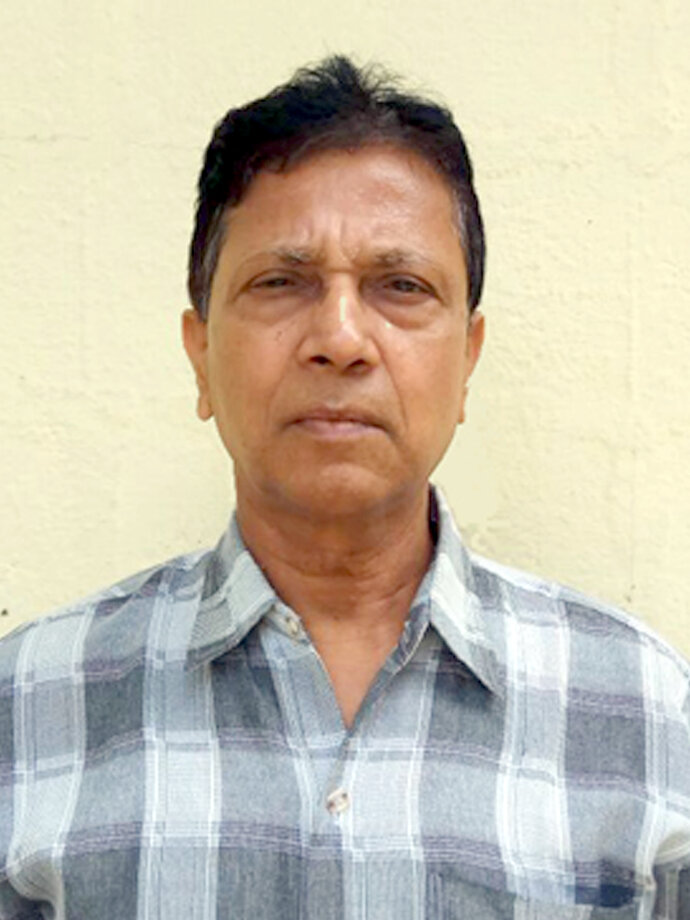
Professor
Murari
Das
Vector control, Species identification, Disease Diagnosis

Dr
Chantel
de Beer
Ecology of Biting Midges, Trap development and artificial feeding techniques.

Dr
María Sol
De Majo
I am very interested in vector ecology and epidemiology. In particular, I have studied the effect of thermal conditions on the development of the mosquito Aedes aegypti in temperate Argentina. I am currently interesting in the study of artificial containers that can function as larval habitats of Aedes aegypti, present in the domestic environment (private homes) in Buenos Aires City. Specifically, I want to describe and analyze the characteristics of the containers in relation to aspects such as their volume, material, shape, container filling mechanism, frequency of use and utility perceived by their owners.I am very interested in vector ecology and epidemiology. In particular, I have studied the effect of thermal conditions on the development of the mosquito Aedes aegypti in temperate Argentina. I am currently interesting in the study of artificial containers that can function as larval habitats of Aedes aegypti, present in the domestic environment (private homes) in Buenos Aires City. Specifically, I want to describe and analyze the characteristics of the containers in relation to aspects such as their volume, material, shape, container filling mechanism, frequency of use and utility perceived by their owners.
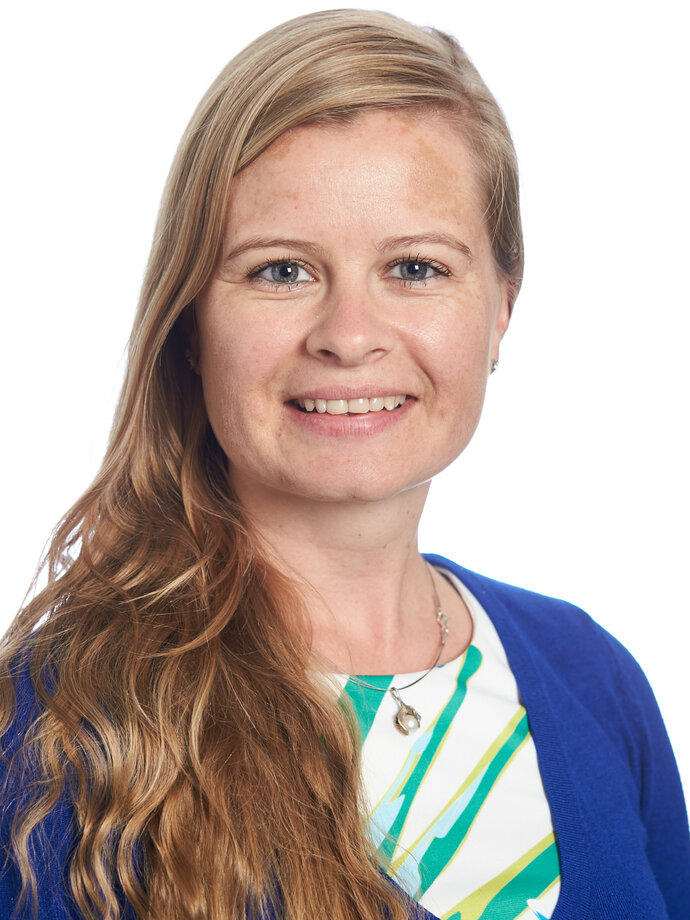
Dr
Sofie
De Meyer
MALDIID specialises in the identification of micro-organism ranging from bacteria, yeast and fungi to insects by using MALDI-TOF MS. For more information visit www.maldiid.com
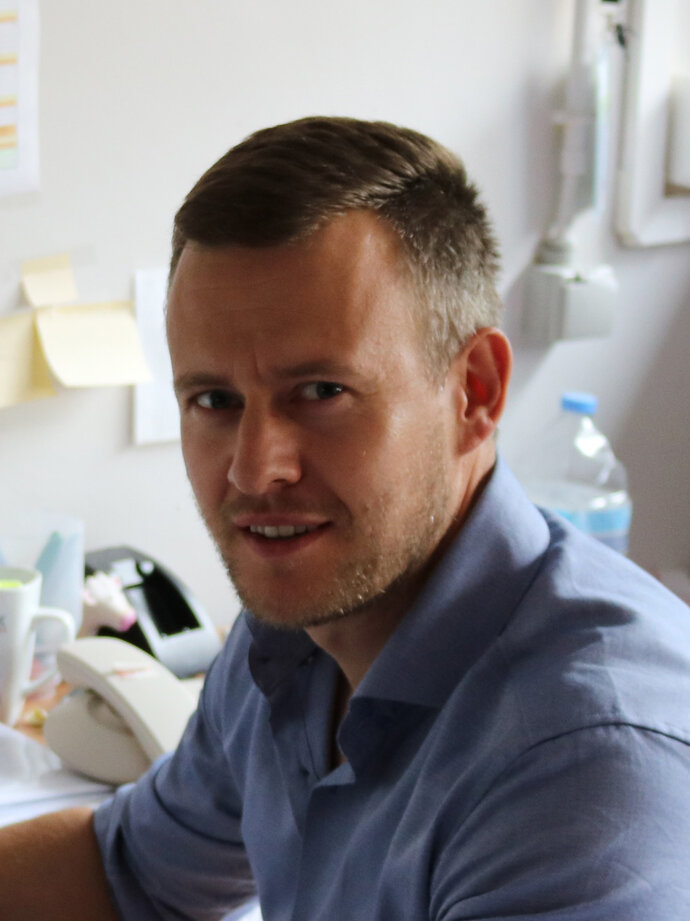
Dr
Nick
De Regge
pathogen-host interactions (pathogenesis, immunology, vaccinology) of emerging and vector-borne diseases with attention to the role of the vector in pathogen transmission

Terver
Deakpe

Professor
Jerome
Depaquit
Sandflies systematics and biology. Transmission of pathogens (Leishmania and arboviruses)

Dr
Romain
Derelle

Dr
Sofie
Dhollander
Risk assessment on vector borne diseases
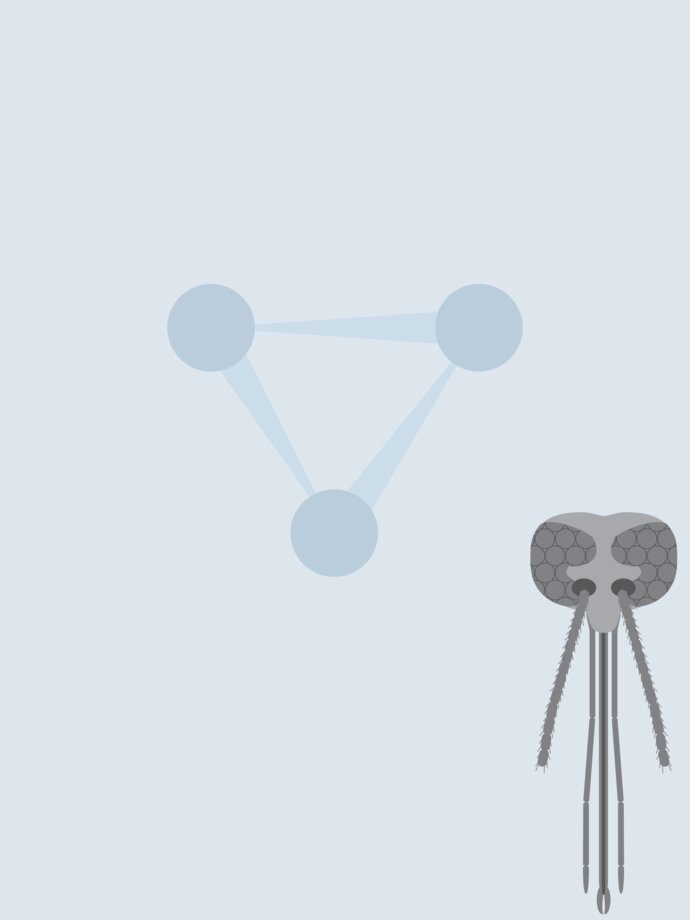
Dr
Cristian
Di Battista
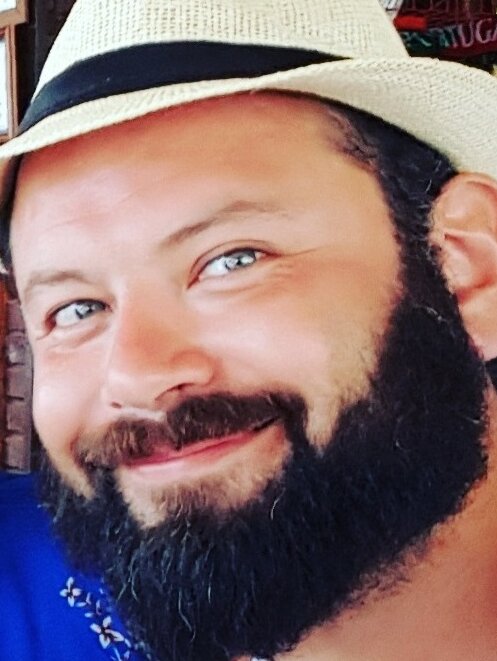
Dr
HECTOR
DIAZ ALBITER
Parasite-host interactions
Insect physiology
Science communication
Novel strategies for transmisssion-blocking
Leishmaniasis, Chagas, Arbovirus.

Professor
Bilal
Dik
Biting midges (Culicoides)

Dr
Rod
Dillon
Sand fly -Leishmania interactions from lab to field. Particularly Lutzomyia longipalpis.

Dr
Ana Carolina
Diniz Matos

Mr
José Manuel
Direni Mancini
My main interest is to learn more about the ecology, distribution and taxonomy of the representatives of the Simuliidae family and their relationship with man. From all this I intend to know more about the distribution of species in general and those of medical-veterinary interest in particular as well as to be able to define and continue with the identification work since the family presents numerous species complexes which represent a Excellent opportunity to work in the group's taxonomy.

Mr
Arthur Diakourga
DJIBOUGOU
Medical Biologist and currently in 2nd year of PhD. I hold a Master degree's in Parasitology-Entomology and a Certificate of Medical Entomology from Institut Pasteur in Paris.
I am interested in vector-borne diseases and their vectors. Particularly epidemiology of leishmaniasis and sandflies bioecology in Burkina Faso.